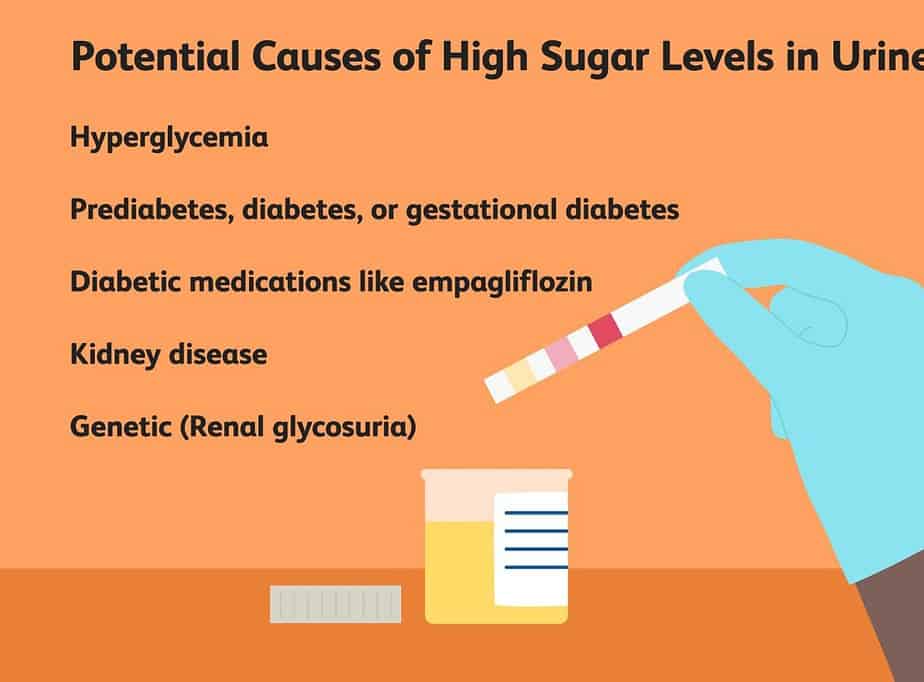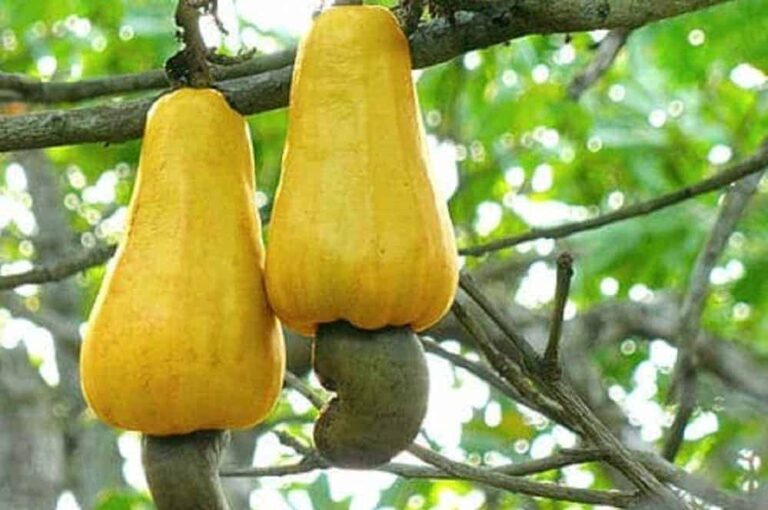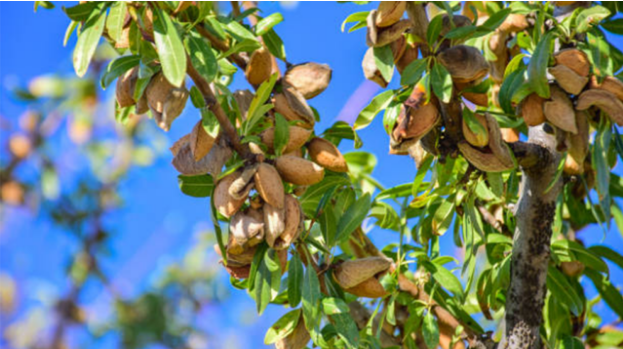Your cart is currently empty!
The Diabetes Hypothesis
Sugar and candies do not cause diabetes but contribute to the burden on the pancreas. So should only have use sparingly. Carbohydrates are best when you take them in starchy forms: fruits, vegetables, and cereals. The absorption is slower, and the functional strain is minimal.
GARFIELD DUNCAN, Diabetes Mellitus And Obesity, 1935
A History Of The Diabetes Hypothesis In Historical Context
Of all the diseases of civilization that may have been linked to the consumption of sugar and the refining of carbohydrates, diabetes was undoubtedly a prime suspect. Here is the diabetes hypothesis in which a conspicuous manifestation is the body’s inability to fuel the carbohydrates in circulation. Better known as blood sugar. More technically known as glucose. This glucose accumulates in the bloodstream, effectively overflowing the kidneys. Then spilling over into the urine, causing a condition called glycosuria.

One symptom is constant hunger, specifically for sugar and other easily digestible carbohydrates. Another is frequent urination, and the urine smells like sugar and tastes like it. For this reason, diabetes was often known as the sugar sickness. Two thousand years ago, Hindu physicians suggested it was a disease of the rich. Caused by indulgence in sugar, which had only recently arrived from New Guinea. India was introduced to flour and rice at about the same time.
“The ancient belief has a point in its favor,” noted the American Diabetologist Frederick Allen in his 1913 textbook, Studies Concerning Glycosuria And Diabetes.” It originated before the time of organic chemistry. There was no way for its authors to know that flour and rice are essentially carbohydrates. They learned later that carbohydrates in digestion would convert into sugar which appears in the urine. Therefore, this definite incrimination of the principal carbohydrate foods is free from preconceived chemical ideas. It is based, if not on pure clinical observation.”
Enter The Pancreas
By the end of the Nineteenth Century, researchers had established that the pancreas was responsible for the disease. By the 1920s, the discovery of insulin was essential for utilizing carbohydrates for energy. Without insulin, diabetic patients could mitigate disease symptoms by restricting starches and sugar in their diet. And yet, Diabetologists still did not understand the environment affecting health. One hundred years ago, these doctors would reject the notion that sugar and refined carbohydrates were responsible for the disease. Another example of persuasive authority figures winning out over science.







